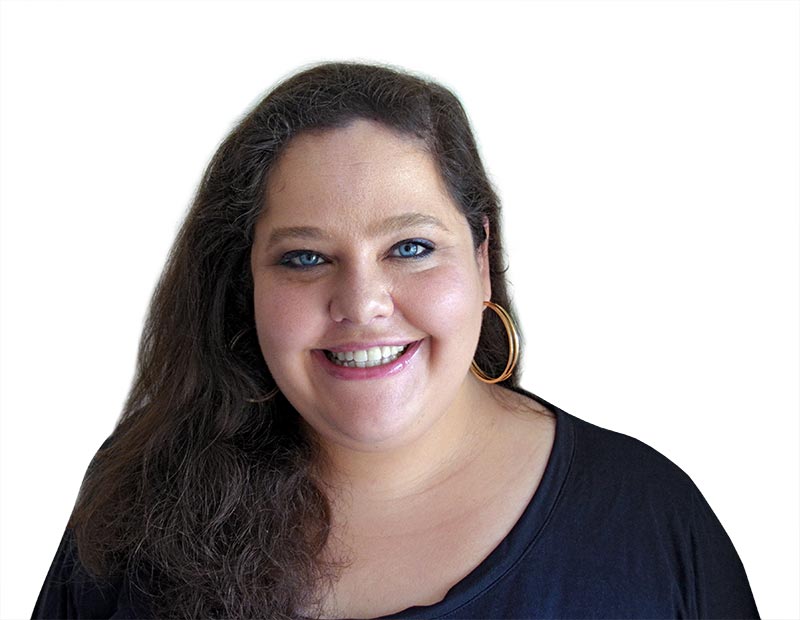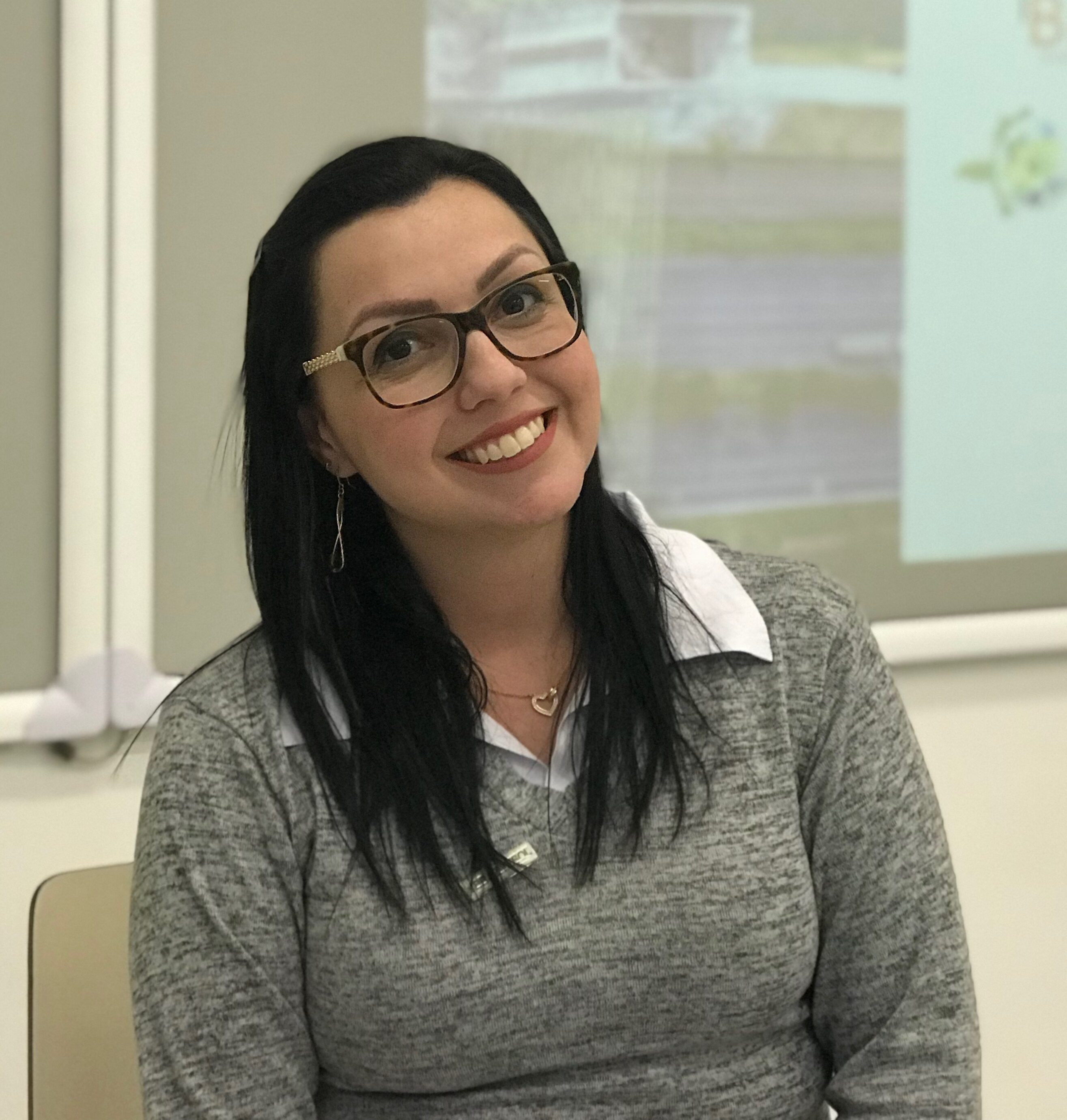What does ‘good English’ even mean?
“Your English is so beautiful.” – I sometimes hear, and I promise you I have a point in writing this, which is not that I’m a Leo (although I am). In fact, I’ve always been a bit reticent about those compliments about my English language proficiency, especially when they come from laypeople. I mean, we language teachers/researchers study language proficiency to vertiginous depths and still struggle to design a proficiency test and validate it, how can anyone assess another person’s language proficiency, as they often do, at hello?
A recent article, however, has made me rethink that resistance of mine. Sato and McNamara (2018) set out to investigate the parameters that people who are not linguistically trained employ when they listen to (other) second language speakers.
Why? – I hear you ask.
Their answer is simple and brilliant – Because that’s what happens in the real world!
In the real world our learners won’t be assessed by teachers and linguists (or not only by us). It’ll be laypeople who will be listening to them most of the time, and their informal judgments will potentially impact our learners’ lives much more than our theoretically sound assessments can. It stands to reason, then, that we should understand the logic (if there is any) behind laypeople’s language proficiency assessment. And because laypeople can be both native speakers and non-native speakers of the language, their study looked at both cases.
I’ve written here about indigenous assessment criteria, which is the parameters used by professional communities (e.g. doctors, scientists, air traffic controllers) to judge the communication of their peers. That’s always made sense to me when thinking of English for Specific Purposes: what will other professionals in my students’ field think of the way my students communicate? What’s different about Sato and McNamara’s (2018) study is that they thought of General English tests, not ESP.
Their findings point to the importance of the following factors:
a) fluency, that is, lack of pauses and self-repair that strain the listener;
b) pronunciation in the sense of intelligibility (i.e. being easy or difficult to understand);
c) lexicogrammar complexity and accuracy, although that was not as important as actually accomplishing the task (item D) and having interesting content (item E);
d) overall effectiveness of communication and task completion, i.e. speakers accomplished what they set out to do and got their meaning across, which compensated even for language deficiencies;
e) content, i.e. ideas, elaboration of point, relevance of points to the topic, and coherence;
f) non-verbal behavior, such as eye contact and gestures, and overall composure/attitude, i.e. how confident the speakers seemed to be;
g) interactional competence, such as addressing the partner, not dominating the conversation, supporting the partner and back-channeling.
You can see how many items are not related to language systems directly and how language weighed less heavily than task completion and content. In fact, the results seem to highlight the importance of developing communication skills and communicative competence in general rather than being restricted to grammar and vocabulary. That practical view of language use, however, was to be expected. Laypeople might not be able to tell a tense from an aspect, but they can surely tell whether you were able to convince them with your arguments or ask them for directions. Of course language systems are still important, since lack of language competence can lead to lack of fluency and mistakes can detract from the listeners’ attentional resources or even their ability to understand. However, when accuracy and fluency were at odds in the study – when the learners repeated a part of the sentence to correct a mistake, for instance –, the listeners actually rated them worse for it because self-corrections can be tiring in the ear.
Perhaps related to the importance of fluency was that of the speaker’s apparent confidence. And that, I must admit, surprised me a little. Still, it resonated with me. In my point of view, this result speaks of the relevance of increasing students’ confidence through a safe classroom environment and of adopting a more affective approach to teaching. Then maybe our learners will be able to speak at their level – with their share of accuracy and complexity, but also their share of mistakes – without fear.
That brings me to the last person who passed a comment on my English language proficiency. He was a teacher as well, and made a point of explaining, quite cleverly, that the value of my proficiency doesn’t lie in sounding or not sounding like a native speaker of English but rather in “speaking English like you own it. And that’s empowering.”
Was he suggesting that I speak the language unapologetically? If so, I loved it! And now I see that research backs him up. Not being too insecure about our own English deficiencies here and there (provided we have some language complexity and accuracy, mind) can actually makes us easier to understand and more appreciated as English language speakers. So sorry, not sorry.
****************
Reference:
Sato, T., & McNamara, T. (2018). What counts in second language oral communication ability? The perspective of linguistic laypersons. Applied Linguistics, amy032, https://doi.org/10.1093/applin/amy032






